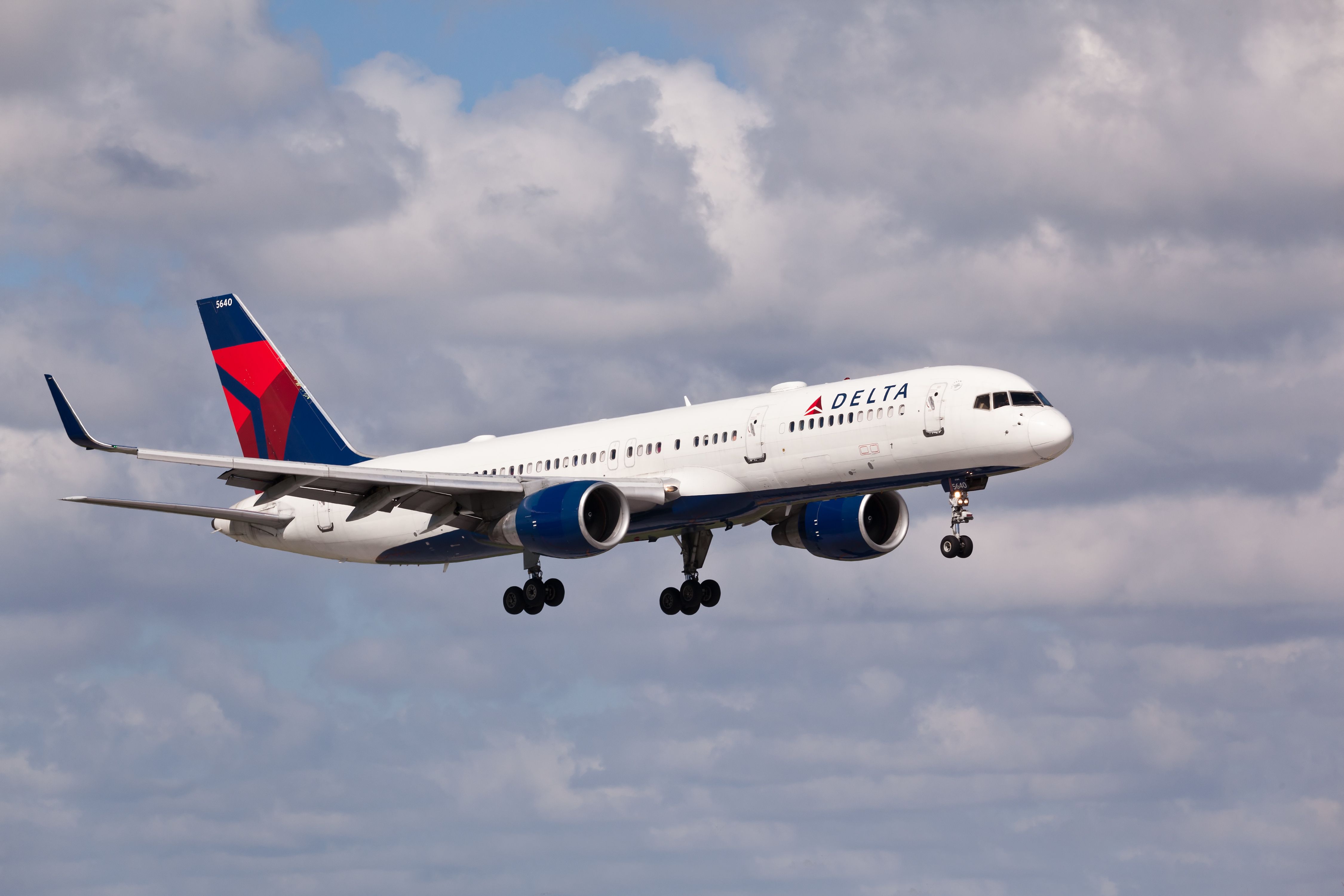Investing in airlines has never been easy, as carriers over time have consistently operated on razor-thin margins and yielded relatively weak returns for investors. So much so has this been a challenge that The Economist once stated quite famously as follows:
“Airlines are wonderful generators of profit-for everyone except themselves.”
As a result, major investors and investment management organizations have tended to target industry-adjacent firms in spaces like aircraft leasing, MRO, component supply, and manufacturing. Nonetheless, there is one group of investors that has sought out a way to manage the risk that typically comes along with airline industry investing, by consolidating many positions across the industry into an Exchange Traded Fund (ETF), a kind of fund that is composed of stock holdings across multiple companies.
The U.S. Global Jets ETF (JETS) offers investors the ability to place their money into a fund traded on all major indices that is composed of extensive holdings across the industry. The fund holds stakes in many different US and international airlines
and maintains net assets of over $1 billion.
A unique investment philosophy
As air travel has changed drastically over the past decade, carriers have grown increasingly adept at shifting their business models to meet the needs of the market, making the industry incredibly resilient as a whole, according to the ETF’s website. Furthermore, airlines today have developed many different streams of ancillary revenue, such as through higher baggage fees or loyalty programs, that generate longer-term cash flow.
What is difficult to do, however, is to predict the returns of individual carriers, as airlines are subject to everything from weather to technological challenges to rising fuel prices that can affect their financial performance. Furthermore, some airlines may even come under fire from activist investors, as is currently the case with Elliott Management and Southwest Airlines.
With around 50 different holdings, the US Global Jets ETF can shift this risk across several different airlines. Some, however, will still shy away from airline investments as a whole as they can be consistent, albeit rather low. Since its low watermark in January 2020, the Global Jets ETF has returned around 37%, according to CNBC.
Photo: Carlos Yudica | Shutterstock
Breakdown of major holdings
Before investing in the Jets ETF, it is important to take a look at the fund’s most important holdings. They are as follows:
|
Airline: |
% of the fund: |
|---|---|
|
Southwest Airlines (LUV) |
10.86% |
|
American Airlines Group (AAL) |
9.89% |
|
Delta Air Lines (DAL) |
9.06% |
|
United Airlines (UAL) |
8.89% |
|
Sun Country Airlines Holdings (SNCY) |
3.26% |
Beyond these five holdings, the ETF maintains smaller positions in seven other US and Canadian Airlines. Beyond that, the fund maintains stakes in eight additional US and Canadian aerospace companies, and an additional 30 other airlines and industry-adjacent firms from across the globe. Furthermore, the fund is actively managed at a low cost to investors and offers a gross expense ratio of just 0.6%.
The bottom line
At the end of the day, the Global Jets ETF may not be the safest investment out there, but none that is composed primarily of aviation stocks will be. However, the fund does have a few key things to offer:
- A balanced portfolio of airlines across the sector
- Active management at a low expense ratio
- Concentration in the US and Canadian markets
Therefore, if you are looking for a way to invest in airlines but don’t want to deal with the risk of betting on a single carrier, the Jets ETF might be right for you. If not, it may be best to seek out other lower-risk sectors in the travel space.


